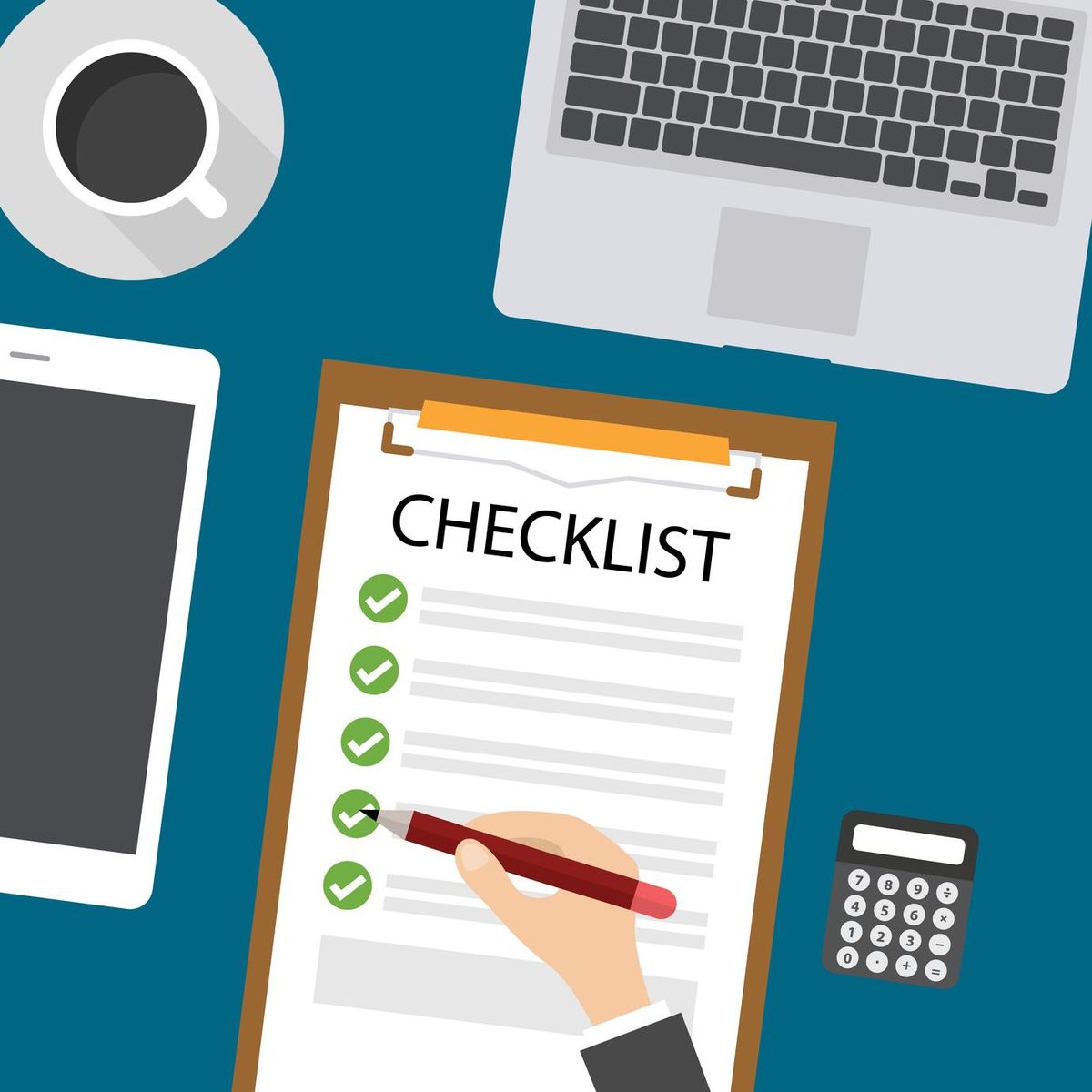
The Year-End Bookkeeping Checklist: 3 Tasks to Get Started On Today
By Pam Bingham
Whether you’re a newly minted business owner or a seasoned one in business for a while, the time to start year-end bookkeeping is now. To set yourself up for success, it’s imperative to take care of year-end bookkeeping before the new year rolls around.
This year-end bookkeeping checklist includes three important things small businesses can do to make the process of closing the year-end books and preparing for tax season as easy and painless as possible.
Year-end bookkeeping checklist for small businesses
1. Track income and expenses
Ideally, a business should be tracking income and expenses throughout the year. This alleviates a majority of the heavy lifting for year-end bookkeeping, and can typically be done very quickly in real time. If it hasn’t been done already, carve out a designated time to get these items in order as they are imperative for tax filing.
Some of the most important items to be tracked include:
- Pandemic-related WFH expenses. Not only should the usual income and expenses be tracked, but as the pandemic shifted many to working remotely, there are new expenses associated with this transition that shouldn’t be forgotten. Any new supplies or equipment purchased—like desks, chairs, routers, and more—should be included in the end-of-year roundup as they are eligible for tax write-offs.
- Property sales. Many companies sold off their physical office or store locations this past year in light of the shift to a digital or remote presence. This should be tracked as income, and the appropriate paperwork should be tracked from the sale.
- Large asset purchases. Any item purchased that is worth over $2,500 will also need its depreciation tracked, in addition to noting it as a business expense. The depreciation should be closely monitored and reported in future tax filings, as this helps you better plan for when it may need to be replaced later on.
2. Organize documentation
One of the most vital items on a year-end bookkeeping checklist should be ensuring that you have all proper documentation in order. Your source of truth should be your previous year’s tax return; this will ensure you’re able to properly report this year’s totals as well as understand how you filed last year to streamline certain steps.
Beyond this, there are a handful of other documents that should be on hand, including:
- Loan documentation. More than 6.7 million Paycheck Protection Program (PPP) loans were approved in 2021. For many business owners, this may have been the first time they accepted a loan, so documentation is needed for tax filing. It should also be noted whether the loan was forgiven, and what it was used for specifically.
- Leasing documents. While many businesses left their physical spaces in 2021, others opted to maintain them. In addition to property rentals, some businesses may have leased equipment or supplies that should be accounted for, too.
- Formation documentation. If you started a new business this year, finding your formation documents is important as it will inform how you file your taxes. Within these documents, you should find out (if you aren’t sure) your status—whether that be a C corp, LLC, or otherwise. Even if you’ve been established for a few years, it’s still helpful to keep these documents on hand.
More articles from AllBusiness.com:
- Prepare Your Business for the New Year With This Year-End Checklist
- Maximize Your Year-End Performance Review
- Year-End Tax Planning: 6 Quick (and Legal) Finance Fixes
- Prepare Your Business for a Successful Year Ahead with an Annual Goals Meeting
- 11 Business Deductions Even the Smallest Business Can Claim
3. Manage inventory
For many businesses, year-end also means time to take a holistic look at inventory, and so managing inventory is the third important item on our year-end bookkeeping checklist. This is not only important after a busy holiday season with plenty of products being sold, but it helps to step back and look at the business’s performance throughout the year.
While you can track all of your inventory at the end of the year, it's more beneficial to do this throughout the year to streamline your bookkeeping and keep a better pulse on the business.
Due to the pandemic, many businesses adopted an omnichannel sales approach, selling through various online channels like Amazon, Etsy, brick-and-mortar stores, their own websites, social, and more—seeking to meet consumers where they were. While this may have allowed owners to reach more customers, it also created additional touchpoints for tracking inventory.
Why is tracking inventory important? Because your inventory has a valuation and can be converted to a cash amount, so it’s considered an asset. For this reason, your inventory should be tracked properly for tax filing. As mentioned before, you should have your formation documents at the ready—or know what your corporation status is—as this informs how your assets are treated when filing your taxes.
Importance of good bookkeeping
It has been a difficult year, but staying on top of your bookkeeping, which can provide you with a wealth of data, ensures you will make good business decisions for your business during the year.
RELATED: End-of-Year Business Compliance Checklist for Entrepreneurs
About the Author
Post by: Pam Bingham
Pam Bingham is an Intuit ProAdvisor, EA, MAFM, and the owner of PB Tax and Accounting Services. She is also a manager of QuickBooks Live.
Company: Intuit QuickBooks
Website: www.quickbooks.intuit.com



